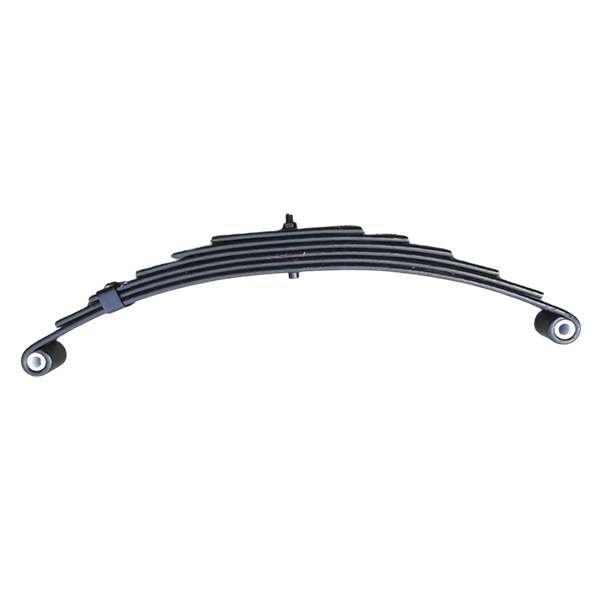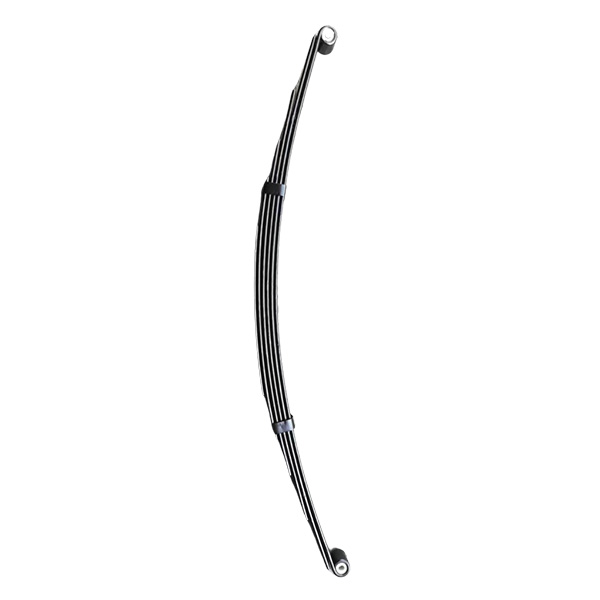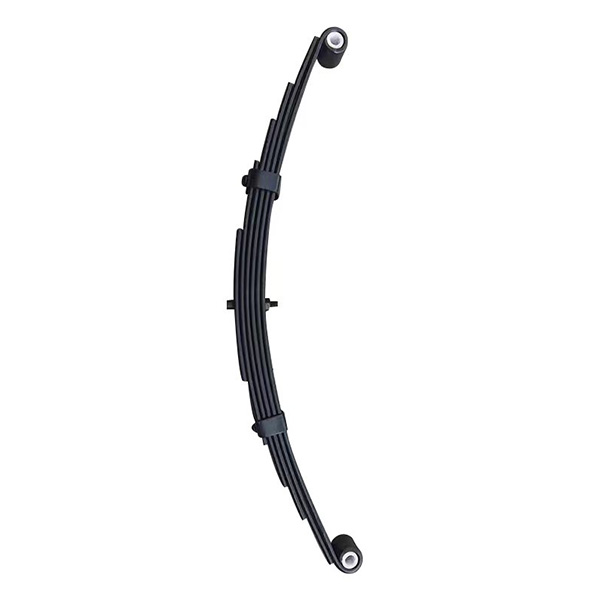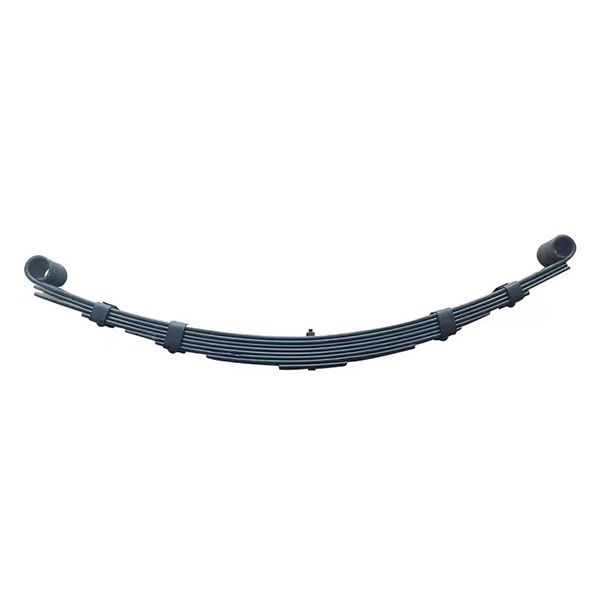
Introduction to Eco-Friendly Leaf Spring Alternatives
As sustainability becomes a key focus in the automotive industry, manufacturers and buyers are seeking eco-friendly alternatives to traditional steel leaf springs. These alternatives aim to reduce environmental impact through lightweight design, recyclable materials, and energy-efficient manufacturing processes without compromising performance and durability.


Leading Eco-Friendly Leaf Spring Alternatives
Composite Leaf Springs
Made from fiberglass-reinforced polymers or other advanced composites, these springs offer significant weight reduction, corrosion resistance, and longer service life compared to steel. Their manufacturing process often involves less energy consumption, making them a greener choice.
Aluminum Alloy Springs
Aluminum alloys provide a lightweight and recyclable option for leaf springs. Though less common, they deliver good strength-to-weight ratios and are easier to recycle than steel, contributing to lower carbon footprints.
Recycled Steel Springs
Using recycled steel in manufacturing helps reduce raw material extraction and lowers energy usage. Many suppliers now produce leaf springs with high percentages of recycled content while maintaining traditional strength and reliability.
Hybrid Designs
Some manufacturers are combining steel and composite materials to create hybrid leaf springs that balance cost, durability, and environmental benefits. These designs optimize resource use and performance.
Benefits of Switching to Eco-Friendly Leaf Springs
Reduced Vehicle Weight and Improved Fuel Efficiency
Lightweight alternatives contribute to better fuel economy and lower greenhouse gas emissions over the vehicle’s lifetime.
Extended Durability and Lower Maintenance
Corrosion-resistant materials decrease wear and extend service intervals, reducing the need for replacements and waste generation.
Compliance with Environmental Regulations
Eco-friendly materials help manufacturers and fleet operators meet increasingly strict emissions and sustainability standards globally.
Positive Brand Image and Market Differentiation
Adopting green components supports corporate social responsibility goals and appeals to environmentally conscious customers.


How to Choose the Right Eco-Friendly Leaf Spring Alternative
Evaluate Material Performance
Ensure alternatives meet or exceed the load capacity, fatigue resistance, and safety standards required for your vehicle application.
Verify Supplier Sustainability Practices
Select manufacturers with transparent environmental policies, certifications like ISO 14001, and a track record of sustainable production.
Consider Total Cost of Ownership
Factor in initial costs, maintenance savings, and potential regulatory incentives when assessing alternative leaf springs.
Meta Description
Explore top eco-friendly leaf spring alternatives beyond traditional steel. Learn about composite, aluminum, recycled steel, and hybrid designs that enhance sustainability and vehicle performance.





